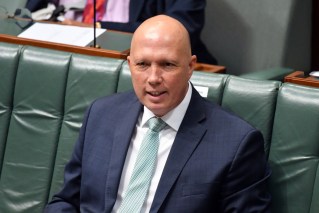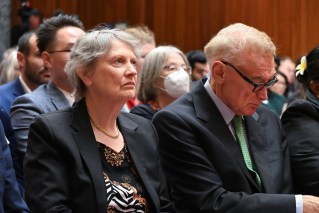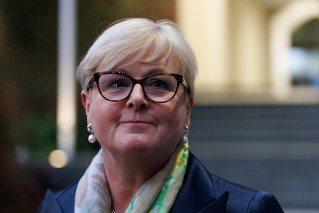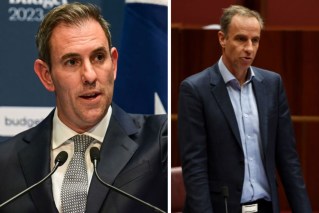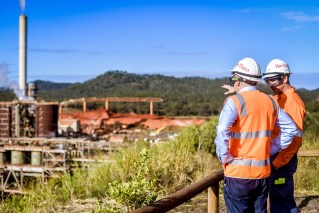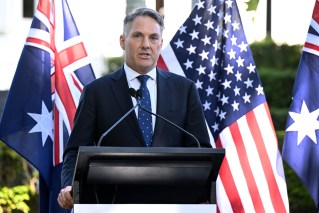Government’s own maths says runaway energy bills about to get much worse – why not act?

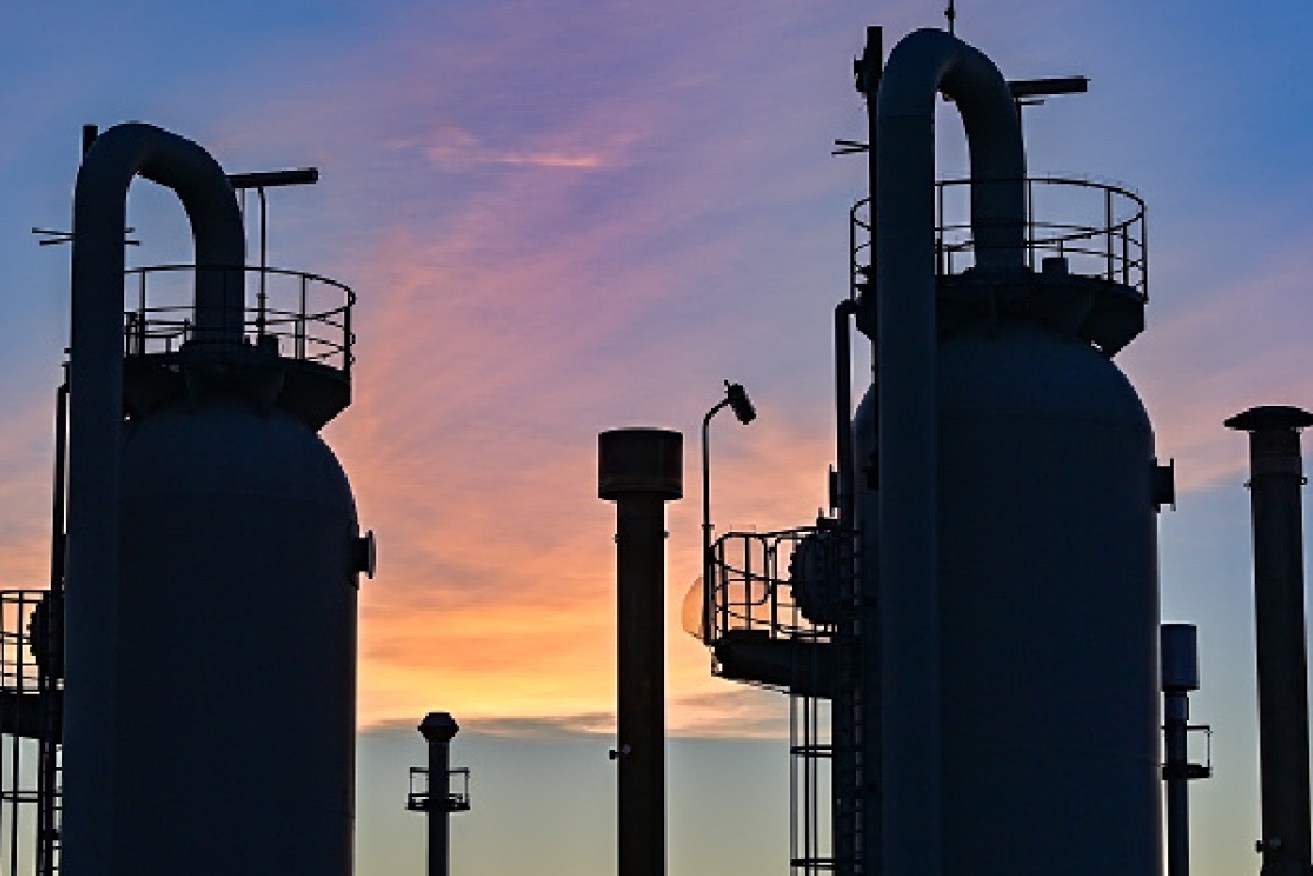
Natural gas prices on the international market are now shaping Australia's.
The government’s own stats on energy prices are sending a clear signal: soaring household bills will soon get much worse – and increases of up to 40 per cent might not be the worst of it.
That reflects the mounting cost of government inaction on runaway energy prices, a policy expert says, despite options for regulation such as a tax on the windfall profits of gas companies.
Companies exporting Australian gas reserves promised to leave enough around for winter on Thursday.
Media reports hailed a breakthrough and referenced high-stakes negotiations.
But the industry made a commitment to avert a shortfall it has maintained was never at risk of happening; the government will hold them to the undertaking via a voluntary code of conduct.
Australian gas, global prices
Tony Wood, the head of energy policy at the Grattan Institute, said the structural causes behind uncertainty on supply and prices had not been addressed by government while one key statistic could even be entrenching them.
“What’s not being discussed, even though the government is seriously concerned about it, is price,” Mr Wood said.
A stat regularly published by the ACCC reflecting international gas prices, he says, began as a guide but now ties the price of gas produced in Australia to a global market dislocated in part by war in Ukraine. The industry, instructed only to make their prices in Australia less than overseas, naturally settles one notch below.
“When they first published those numbers, the price was between $8 and $10 a gigajoule,” he said.
“Now, within the last year that price is up to $30 and $40.
“That is eye watering; that is now the reference point.
“At that price producers are making huge windfall profits. You’re going to send a lot of companies broke. And consumers are going to see huge increases in the gas prices.”
The ACCC’s international prices are now more than twice an earlier – an increase yet to filter down to households, especially those coming off longterm contracts.
For a home using gas for cooking, heating and hot water price increases that might have been as much as $500 per year could increase again by more than $2000 per year, if current wholesale no prices were passed through in full.
“That’s the sort of nasty problem that awaits (us),” Mr Wood said.
“That gas price increase is going to flow through the electricity prices as well, [which] could go up by another 30 per cent or 40 per cent come (next) July. That is horrible.”
States’ fights
Ms King on Thursday said she would not invoke the so-called gas trigger, or controls on the export of gas to ensure adequate supply for the Australian market.
The intervention was created by former prime minister Malcolm Turnbull during a supply threat in 2017 and has not been used in that time.
Only the possibility that the measure might be invoked has motivated otherwise lightly regulated gas companies come to the table as they did on Thursday, Mr Turnbull says.
Amid an energy crisis he says state governments must now adopt measures to force the fossil fuel companies to make gas available at a fair price by freeing up supplies legally locked up in long-term export deals.
“About a decade ago or so governments (both Labor as it happens) in Brisbane and Canberra allowed gas exports from the east coast without any domestic reservation,” he told The New Daily.
“Everything flows from that mistake.”
Only Western Australia has a gas reservation policy. Ms King vowed to meet gas industry honchos quarterly to discuss the non-binding code of conduct’s “behavioural expectations of how gas is to be offered to buyers”.
Three birds, one tax
Mr Wood advocates a policy measure that would resolve the price issue, public outcry about energy companies soaring profits and actually make a dent in the surging cost of living.
“They’ve got to do something,” he said.
A windfall profits tax set only on gas sales above the long-term price (before the effects of Ukraine and others on the surging dislocated international market) would be, he says, a strong influence on price.
“You would be giving them a fair price,” he said. “This is the price they would be getting if they’d been selling gas and we didn’t have a war in Ukraine.
“If you want to sell gas above that price into the domestic market, they would hit you with a 100 per cent windfall profit tax on every dollar above.”
At the recent election Labor promised it would impose no new taxation measures during this term of Parliament.
Nobel Prize winner Joseph Stiglitz recently advocated the application of such a tax in Australia. Windfall profits levies are being rolled out in Europe.
Greens leader Adam Bandt says Labor must tax “obscene” industry profits and use the money to help “households and businesses get off expensive gas.”
In June Industry Minister Ed Husic called for interventions to control the export of Australian gas to be tied to surging prices.

